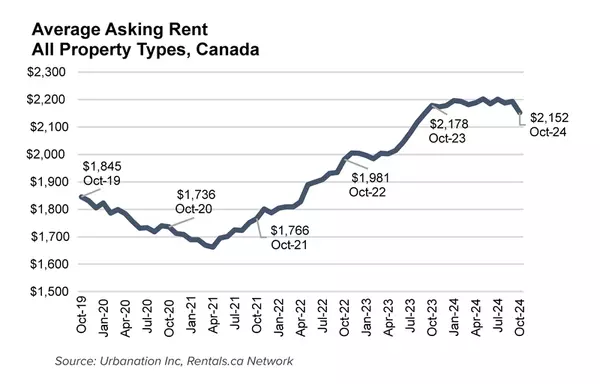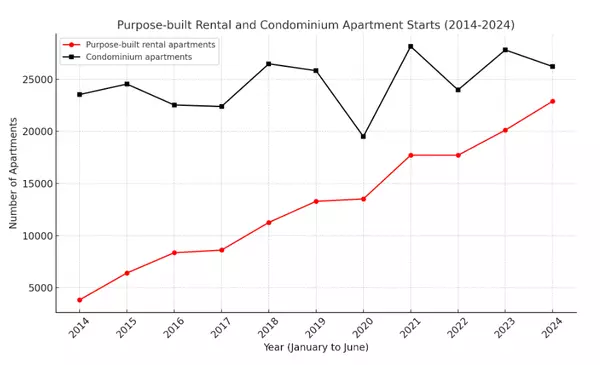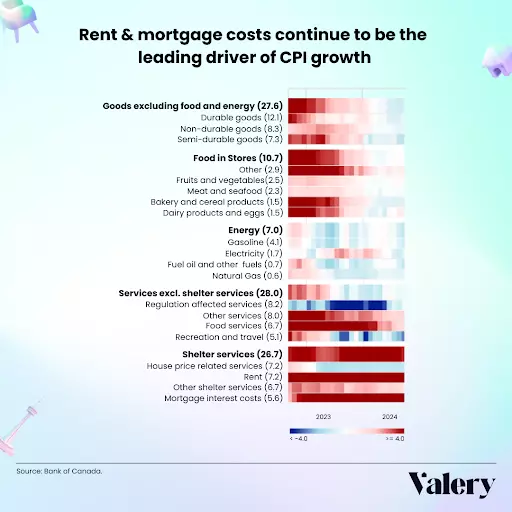Household Net Worth and Real Estate Market Trends
According to a June Edge Realty Analytics report, while the Canadian household net worth rose in the first quarter of 2024, the positive trend was tempered by a questionable rise in real estate values.
Record High in Household Net Worth
Canadian households experienced a substantial increase in their net worth during the first quarter of 2024. Household net worth surged by 3.3% quarter-over-quarter and 4.5% year-over-year, marking the strongest quarterly growth since 2021. This rise pushed total net worth to nearly $17 trillion, surpassing the previous high set in the first quarter of 2022.

Source: Edge Realty Analytics
Growth in Financial and Real Estate Assets
The increase in household net worth was driven by significant gains in both financial assets and real estate values.
Financial assets saw a robust increase of 3.6% in Q1, reflecting strong performance in investments and savings. Real estate values rose by 2.5% during the same period, with the land component alone jumping by 3.7%.
However, some experts expressed concerns about the reliability of the real estate data, suspecting that real estate assets did not experience such a rise, given other reported trends.
The MLSⓇ Home Price Index (HPI), which accounts for changes in the composition of sales, actually recorded a 1.3% decline in Q1. This discrepancy suggests that the reported increase in real estate values might be more reflective of rising average resale prices rather than actual market appreciation.
For instance, average resale prices rose by 0.8% on a seasonally adjusted basis and by 4.9% in unadjusted terms in Q1.
Real Estate’s Significant Role in Household Assets
Real estate remains a dominant component of household wealth, accounting for nearly 45% of total household assets. This is significantly higher than the peak level observed in 1990. Moreover, these assets are now equivalent to approximately 300% of Canada’s GDP, which is almost double the level seen in the United States.
This heavy dependence on real estate leaves Canadian households particularly vulnerable to potential downturns in the housing market.

Implications for Policy and Economic Stability
The Canadian government faces a delicate balancing act. With real estate values forming such a large part of household net worth, a significant drop in housing prices could lead to a widespread contraction in household balance sheets, which is why the prospect of deeply falling prices is an issue for the federal government, leading to Prime Minister Trudeau’s comment that “[H]ousing needs to retain its value.”
Categories
Recent Posts










GET MORE INFORMATION


